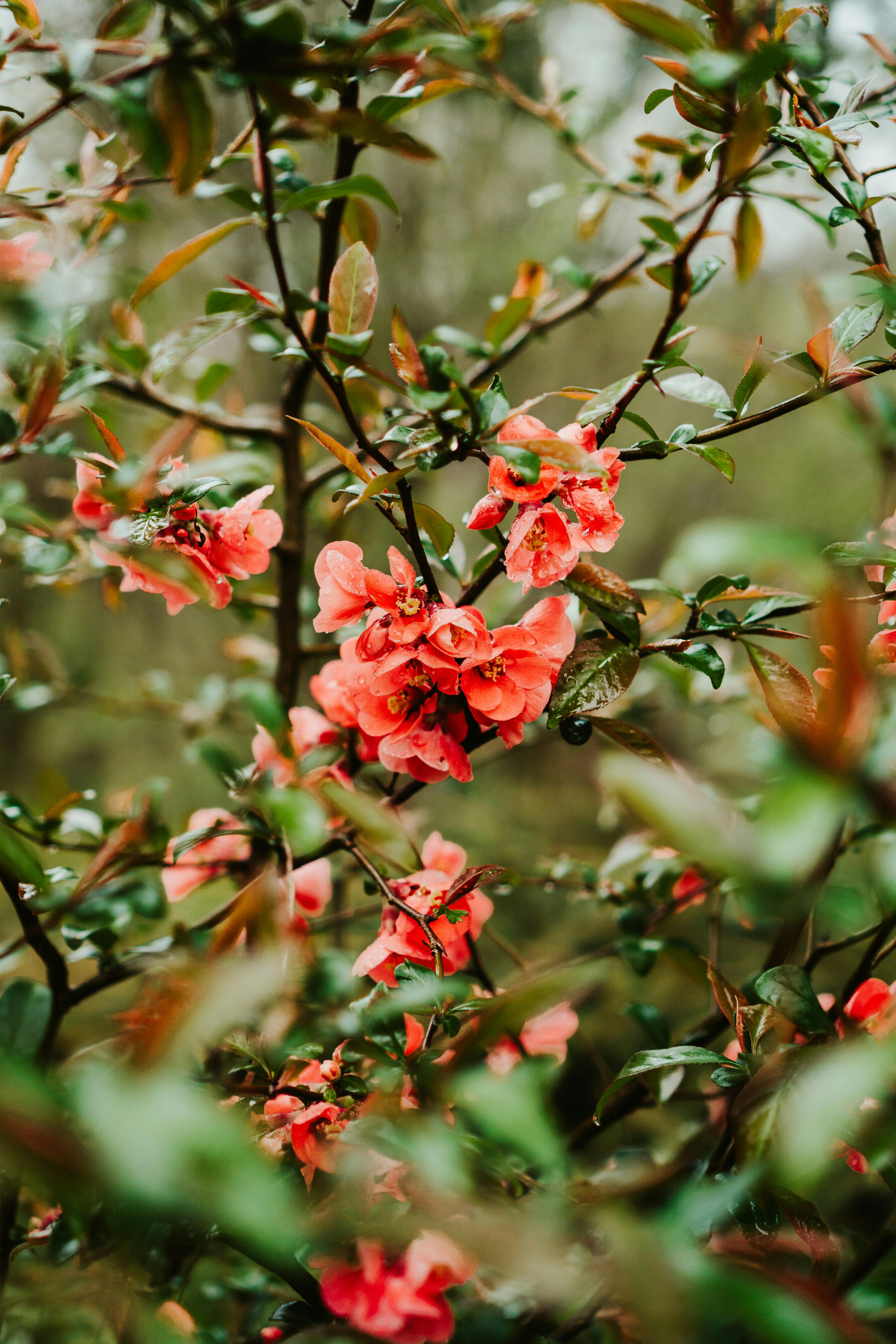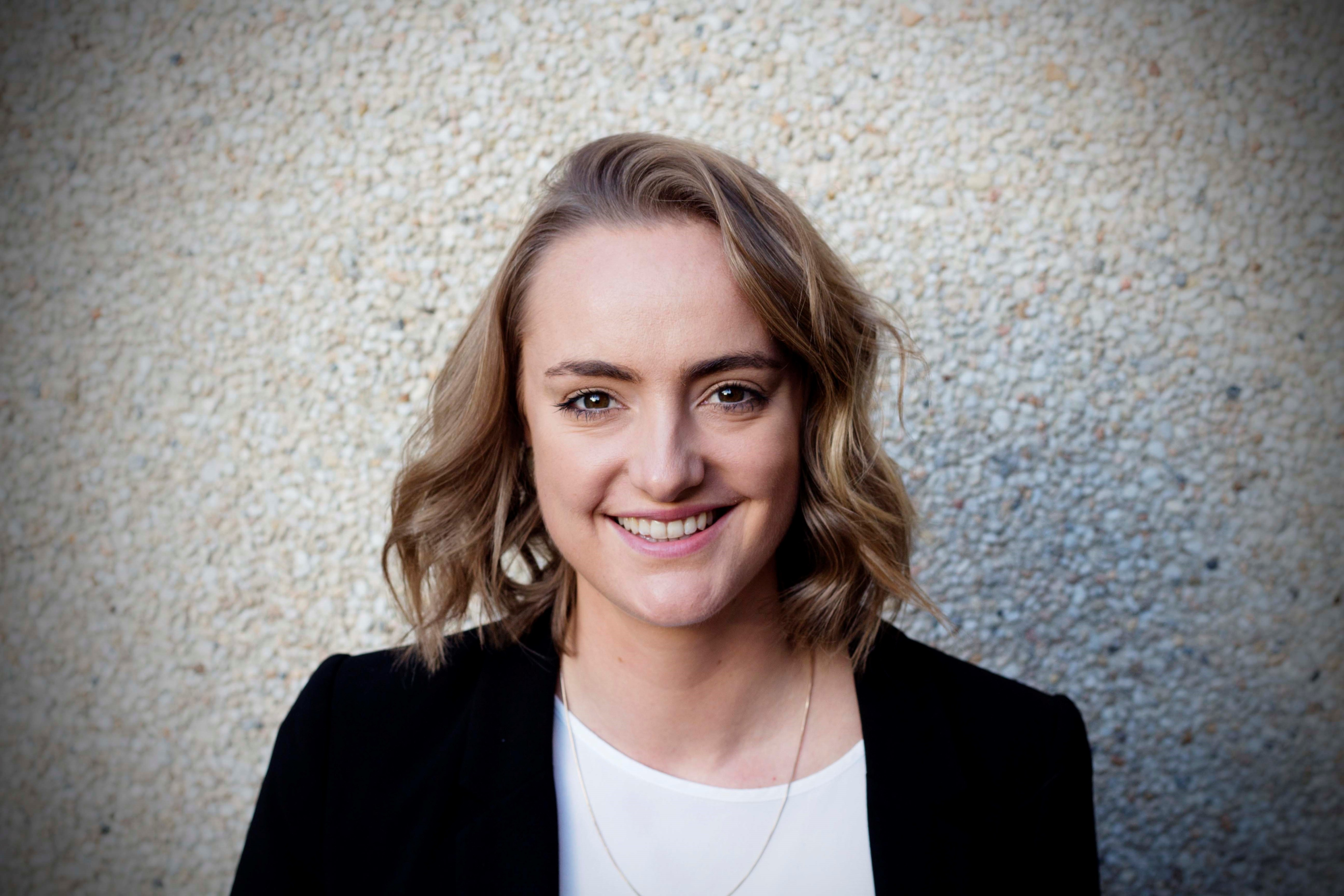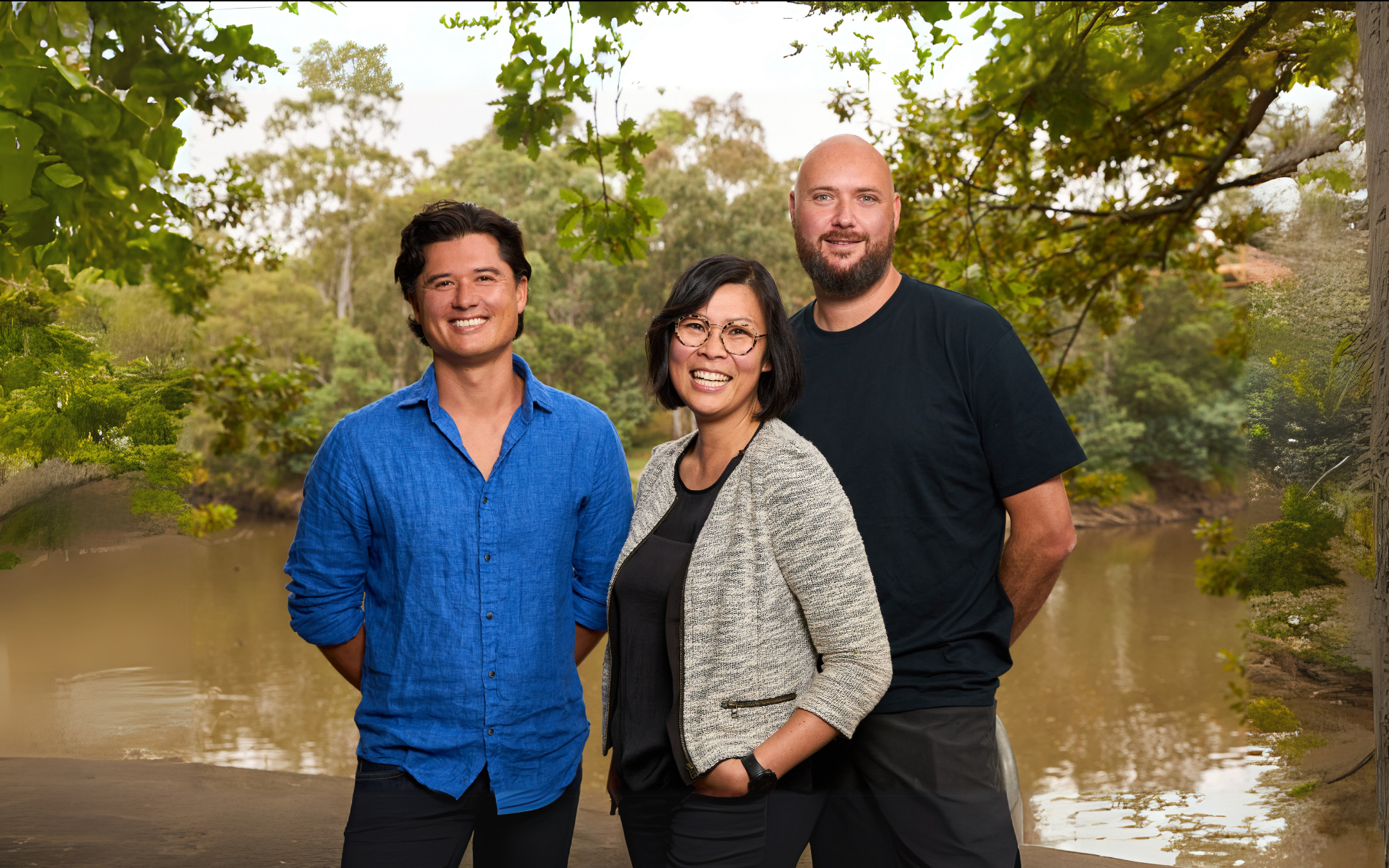In the Theory of Change series, we break down Giant Leap’s impact thesis for each investment: how we think they’re blazing trails in tackling our most pressing problems. Check out our Starter Guide to Theory of Change for more context.
Great Wrap is a compostable cling wrap brand that makes bioplastics-based wrap from potato waste for the home and pallet wrap markets.
Co-Founders, Jordy and Julia Kay, started the business after seeing huge amounts of soft plastic waste from running their own wine business. No matter how hard they tried to improve the environmental specs of their product, there was always endless amounts of pallet wrap ending up in the bin.
Soft plastics like cling wrap are one of the biggest problems in the staggering global stockpile of plastic waste, with ocean plastic set to outweigh all the fish on earth by 2050. Jordy and Julia are on a mission to end our reliance on petroleum based plastics, and give fish back their freedom.
On starting the business, Julia Kay commented:
"We saw a materials revolution happening around us. Everything was changing rapidly; energy, transport, and agriculture, yet plastic stayed the same. We knew the technology existed to put an end to plastic waste but there weren’t any products available on the market for us to use.
That’s when Great Wrap was born. We invented the products we knew the world was missing so we can dump plastic once and for all”
Here’s Giant Leap’s impact thesis for our investment in Great Wrap.
Saving our biosphere (and bodies)
In facts you didn’t need today, it is estimated that Australians consume 250g of plastic, enough to make more than 50 credit cards, every year.
This is because microplastics have spread to every level of our natural and food systems, with National Geographic estimating there are a mind boggling 125 trillion microplastic particles in the biosphere.
This spread has been driven by high volumes of discarded soft plastics ending up in our oceans where the sun makes them brittle and waves break them down into microscopic pieces that are consumed by organisms, from where they travel up the food chain.
As you might have guessed, these microplastics are extremely harmful to animals and humans alike, with exposure linked to metabolic disturbances, neurotoxicity, and increased cancer risk.
Great Wrap solves this issue with a completely compostable alternative to petrochemical cling wrap, breaking down in 90 days in compost according to a 3rd party study. They’re also working on developing wraps made from a PHA polymer, which is widely considered to be the best material for degradability, breaking down quickly in all environments including marine and returning nutrients as it degrades.
Cleaning up the soft plastic footprint
Unsurprisingly, petrochemical wraps are dirty business, with studies suggesting they generate up to 80% more CO2e emissions over their life than bioplastics like those used by Great Wrap. When multiplied by the billions of fridge sandwiches and stacked pallets globally, the emissions really start to stack up.
It’s also worth noting that not all bioplastics are created equal and the major factors in lowering the carbon footprint of bioplastics are:
- Maximising use of waste or lab-grown feedstocks rather than virgin feedstocks
- Capturing end-of-life emissions via methods like composting or anaerobic digestion
Great Wrap avoids CO2e emissions by substituting out petrochemical wraps, and deepens its impact by using waste materials like potato waste and implementing systems to make sure their wrap gets into the compost after use.
Plastic recycling has failed
No matter how much petrochemical companies have tried to convince consumers that plastic materials are fine because they're recyclable, the recycling system for plastic has never really gotten off the ground.
The recent collapse of RedCycle, a recycling partner to Coles and Woolworths turning soft plastics into other circular economy materials, illustrated just how broken the plastic recycling system is. Huge amounts of variability and contamination make the economics rough going for processors, which is why most plastic waste in Australia is landfilled or burnt, and just 9% ends up getting recycled.
People are increasingly realising the myth we’ve been sold and seeking compostable bioplastic alternatives like Great Wrap that don't require recycling. We believe in this bioplastics future.
Giant Leap’s impact thesis
Giant Leap’s Theory of Change for our investment in Great Wrap
If Giant Leap supports Great Wrap with values-aligned capital, then Great Wrap will be able to capture market share with its compostable wrap products and ultimately reduce the CO2e emissions of the wrap industry and avoid microplastics ending up in the environment causing harm to human health.
Impact metrics
- Tonnes of microplastics avoided
- Tonnes of CO2e emissions avoided
___
If you would like to invest with us in Fund II, check out our investor page.
To stay close to the heartbeat of Giant Leap, sign up to the Small Steps newsletter.



.JPG)



%20-%20Edited.jpg)
